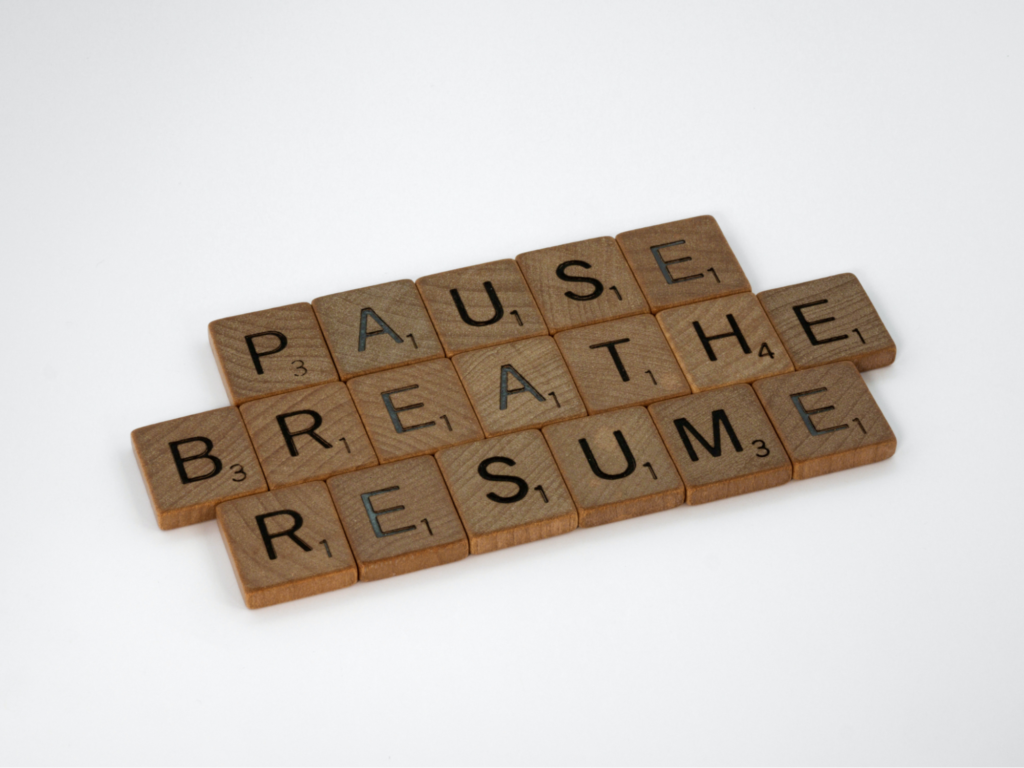Article At Glance:
- Stay grounded when interacting with difficult people to control your emotions and responses.
- Get curious about the other person’s perspective to build empathy and improve communication.
- Ask a friend for help, offering support and a fresh perspective if you feel overwhelmed.
- Share your feelings openly and plan your actions to handle challenging interactions more effectively.
Dealing With Difficult People?
We have all been there, we all have that person in our lives. That person who somehow has the ability to make us want to pull our hair out and scream. That person can be found in our own home, family, and place of work. We have found solace in working from home and avoiding that coworker. We have found solace in quarantine from not having to interact with that friend, that family member, that acquaintance. However, now as we begin to re-enter society, we begin to identify with the adorable child who has been quoted by millions of tiktokers over the last sixteen months, “uh oh people.” We are ultimately left facing the day when we have to once again interact with that person.

We all have our own working definition of what a difficult person is. I am sure some of us might have a more colorful definition than Webster’s Dictionary, but for the sake of this blog and my professionalism, let’s begin with identifying the traits of a difficult person.
Traits Of A Difficult Person:
- Callousness: Lacking empathy or concern for others.
- Grandiosity: Unrealistic sense of superiority in which they consider themselves unique and better than others.
- Aggressiveness: Hostile and rude toward others.
- Suspiciousness: Strong and unreasonable distrust of others.
- Manipulative: Exploiting others to benefit oneself.
- Domineering: Desire for authority over others and a sense of combativeness.
- Risk-taking: Desire to experience thrills through risky behavior.
Please note that not all risk-taking behavior is the same. In the context of this blog, risk-taking means these individuals have a desire for risk-taking regardless of the physical and social implications.

At the end of the day a difficult person is someone that possesses traits that make it challenging to communicate effectively. So how do you communicate as effectively as you can with these individuals? We must identify what the Gottmans refer to as the Four Horsemen of the Apocalypse and their antidotes. Then, we put it all together to know how to deal with difficult people.

Strategies To Deal With Difficult People
Now that we have defined the characteristics of a difficult person let’s finally know the tips for dealing with difficult people.
Stay grounded when dealing with difficult people
When dealing with that person, it is important to stay grounded, present, and calm. As we discussed earlier with stonewalling, there is a good chance that our body is producing increased levels of the stress hormones cortisol and adrenaline which make it difficult to communicate.
Get curious about other people’s perspectives
Consider that person’s perspective (even just for a moment). Seriously ask yourself: “What different thoughts, feelings, and knowledge is this person bringing to this situation?”; “What might be influencing this person’s perspective?”; and “Can I empathize with this person?”
- Examine your own perspective. Check-in with yourself by asking: “Are my needs being met?”; “Where are my needs not being met?”; and “Did I eat?”
Ask a friend for help when you need it most
Sometimes it’s difficult to get curious on our own. I often find the best wisdom and insight comes from someone that we trust: colleague, co-worker, boss, manager, best friend, partner, or family member.
Share how you feel
Share your experience. The key is to use “I” statements by describing what your needs are, how you are feeling, and what you experienced.
Think and plan so you can act
Take a moment to reflect on what you learned by this encounter and what you might do differently next time.
Get support from therapists
Sometimes we need reinforcement. If you have attempted to have a dialogue with that person, but you still seem to feel frustrated and stuck, it’s ok to ask someone to mediate. Depending on the backdrop, good mediators can be: bosses, supervisors, colleagues, parents, siblings, and friends. A trusted mediator will be able to remain free from bias and provide support.
As we begin to return to the office, family gatherings, and celebrations with friends, I hope this information has been helpful and will be useful for when you encounter that person.



